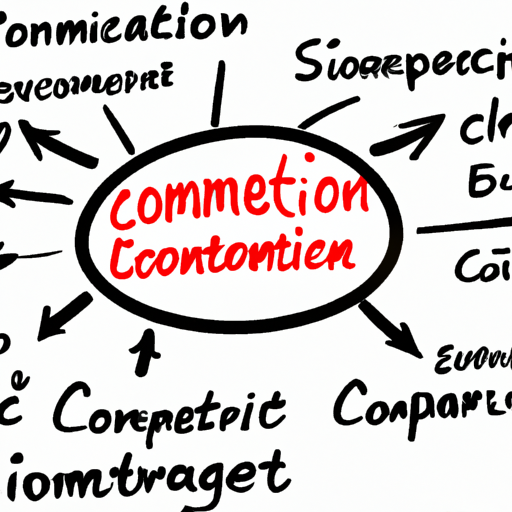The landscape of e-commerce is evolving rapidly, driven by technological advancements and changing consumer behaviors. In this blog post, we delve into the latest innovations that are set to redefine the online shopping experience and empower businesses to thrive in a competitive market.
1. Artificial Intelligence and Machine Learning
Artificial Intelligence (AI) and Machine Learning (ML) are at the forefront of e-commerce innovation. From personalized recommendations to chatbots, AI algorithms analyze vast amounts of data to enhance customer interactions and streamline operations. Retailers are using ML to forecast trends, manage inventory, and optimize pricing strategies.
2. Augmented Reality (AR) and Virtual Reality (VR)
AR and VR technologies are transforming how consumers shop online. These immersive experiences allow customers to visualize products in their real environments before making a purchase. For example, furniture retailers offer AR apps that enable users to see how a sofa would look in their living room, enhancing confidence in their buying decisions.
3. Voice Commerce
With the rise of smart speakers and voice assistants, voice commerce is gaining traction. Consumers are increasingly using voice commands to search for products, place orders, and inquire about services. Businesses optimizing their platforms for voice search can enhance user experience and capture this growing market segment.
4. Subscription Services and Membership Models
E-commerce businesses are increasingly adopting subscription services to foster customer loyalty and create predictable revenue streams. From beauty boxes to curated meal kits, these models offer convenience and personalized experiences, making them highly appealing to consumers.
5. Same-Day Delivery and Drones
As customer expectations evolve, prompt delivery has become a key differentiator in e-commerce. Innovations like same-day delivery and the use of drones for shipping are emerging to meet consumer demands for speed and convenience. By investing in logistics technology, businesses can significantly improve customer satisfaction.
6. Social Commerce
Social media platforms are becoming integral to the e-commerce ecosystem. The integration of shopping features on platforms like Instagram and Facebook allows brands to reach target audiences directly and encourage impulse purchases. This social commerce trend merges entertainment with shopping, creating a seamless experience for consumers.
7. Blockchain Technology
Blockchain is making waves in e-commerce by providing transparency and security in transactions. Its ability to prevent fraud and ensure product authentication is appealing to both businesses and customers. As e-commerce platforms adopt blockchain technology, trust and reliability in online shopping will see a significant boost.
Conclusion
The future of e-commerce lies in innovation and adaptability. By embracing new technologies and understanding shifting consumer preferences, businesses can enhance customer experiences, streamline operations, and drive sustainable growth. As we move forward, staying informed about these e-commerce trends will be essential for any retailer aiming to succeed in a competitive landscape.
Are you ready to innovate your e-commerce strategy? Explore how these technologies can transform your online business today!




